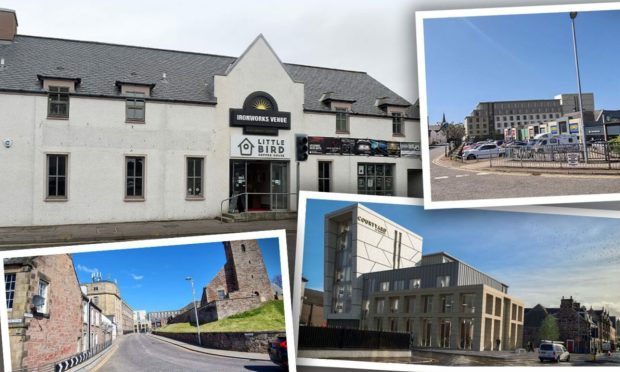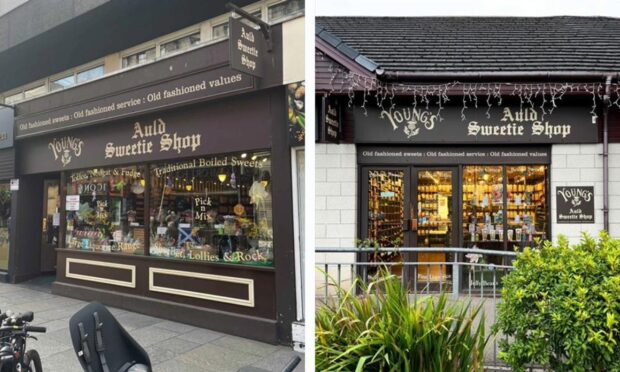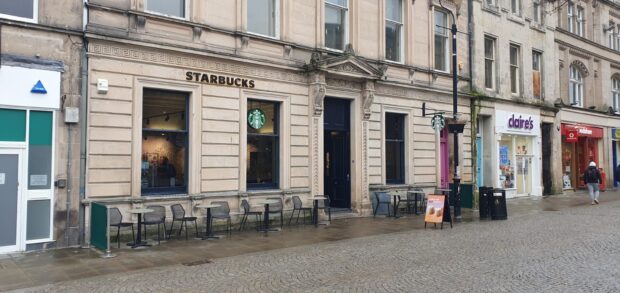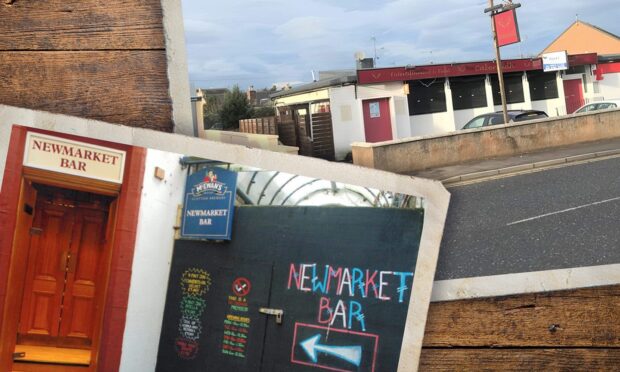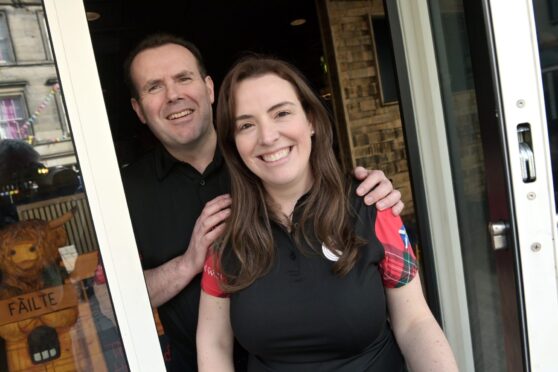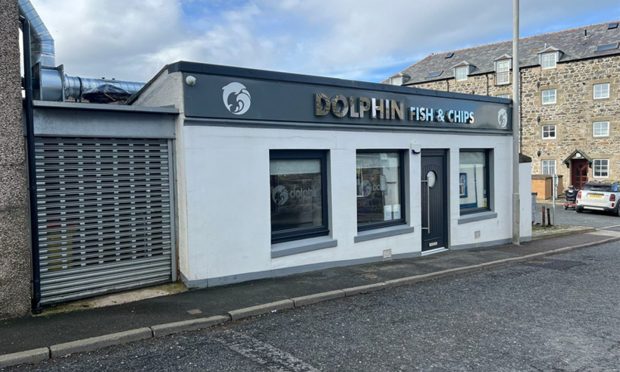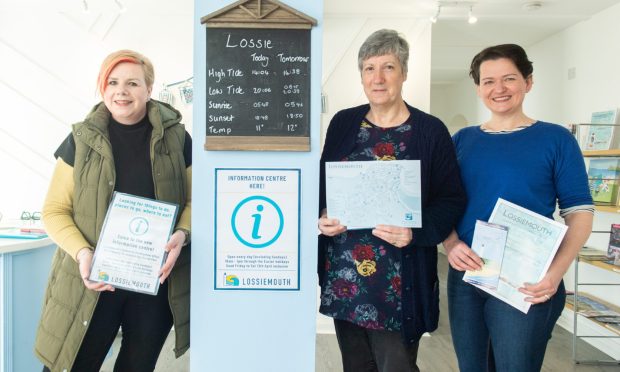New protection is needed to help self-employed people across the north and north-east recover from the Covid-19 crisis, according to a leading business group.
Figures analysed by the Federation of Small Businesses (FSB) show more than 31,000 people work for themselves across Aberdeen and Aberdeenshire. The city and shire are ranked fifth and eighth in Scotland in terms of the number of self-employed.
Meanwhile, the number of people who work for themselves across the Highlands and Islands has tumbled in recent years. Between 2016 and 2019 the number of self-employed in the north fell by 13.8% to 16,200 from 18,800.
FSB’s Scotland-wide research, which the group says is the first major in-depth study of Covid-19’s impact on firms north of the border, has revealed three-fifths of business owners around the country believe the crisis has made self-employment less attractive.
Only one-fifth believe their contributions to the economy were valued by the last Scottish Government.
About one third of small businesses have been forced to close and thousands of Scottish firms have taken on billions of pounds of government-backed debt, FSB said.
The north-east boasts around 31,200 self-employed people among nearly 54,000 small and medium-sized enterprises.
David Groundwater, the group’s development manager for the region, said: “The events of the last 14 months or so have undermined the strength and contribution of self-employed people and the small business community.
“At a time when everything possible should be being done to nurture entrepreneurialism and business growth, it is also very concerning that only just over one in five businesses believes the Scottish Government values the achievements of the self-employed.
“We want the next administration at Holyrood to pilot a new collective insurance approach for self-employed individuals who could not otherwise access sick pay.
“We’d also like policymakers to provide maternity, paternity and adoption payments to the self-employed via Social Security Scotland, similar to a successful Dutch model.
“This ‘bread-fund’ would cover the sick pay for all who contribute, removing the worry and pressure experienced by many small-business entrepreneurs.
“We will also continue to push for the next Scottish Government to deliver a Small Business Recovery Act, covering a host of new laws designed to ensure smaller firms win their fair share of public contracts.”
FSB Highlands and Islands development manager David Richardson said: “The vital importance of small businesses to the economies of both Inverness and the wider Highlands has been demonstrated time and time again over the past year, which makes the current situation all the more worrying.
“Smaller businesses already face many challenges on many fronts, not least adapting to the new trading conditions of our post-Brexit world and complying with climate change legislation.
“Add the pandemic and it becomes all the more essential that we do everything in our power to keep our local economies alive and vibrant.”

